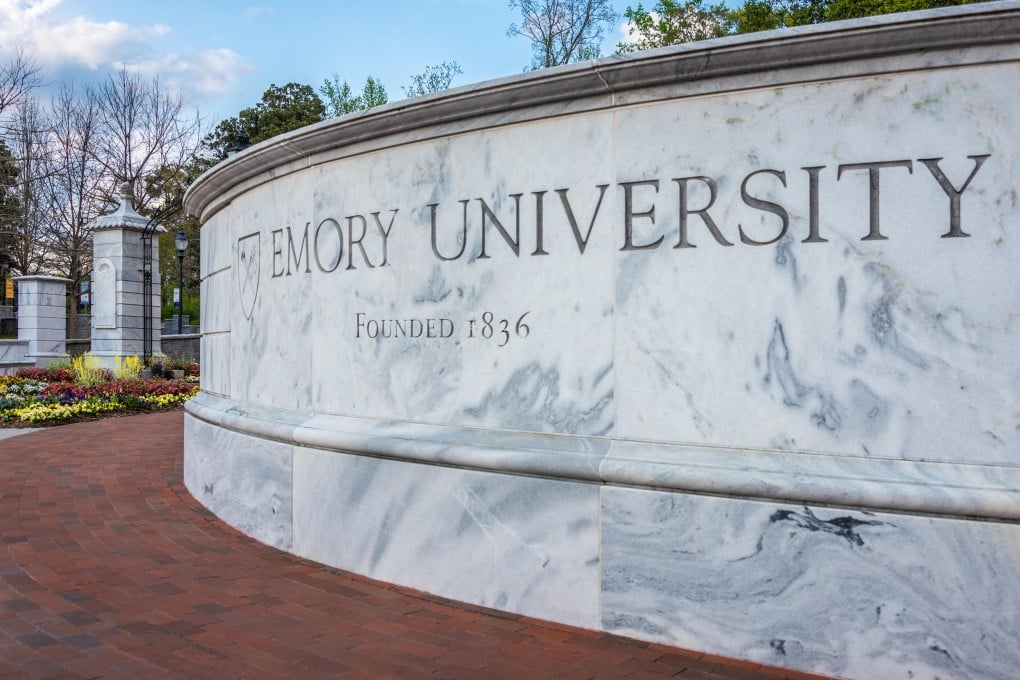Emory University in US fires scientists over undisclosed funding ties to China
- Sackings come after investigation into researchers at dozens of colleges financed by the National Institutes of Health

Emory University in Atlanta, Georgia, has sacked two US government-funded scientists for allegedly failing to disclose their sources of overseas financing and research ties in China.
The university said on Thursday that an investigation revealed that the two faculty members had “failed to fully disclose foreign sources of research funding and the extent of their work for research institutions and universities in China”.
“Emory has shared this information with the National Institutes of Health (NIH), and the faculty members are no longer employed at Emory,” the statement said, without naming the two.
Chinese science website Zhishi Fenzi identified the scientists as Li Xiaojiang and his wife, Li Shihua, who were professors in the university’s department of human genetics.
Quoting unnamed members of Li Xiaojiang’s research team, the website said the university shut down his laboratory on May 16 while he was on leave in China, seizing computers and documents and questioning other staff about the professors’ ties with China.
The profiles of both professors have been removed from the university’s website along with the homepage for Emory’s Li Laboratory.